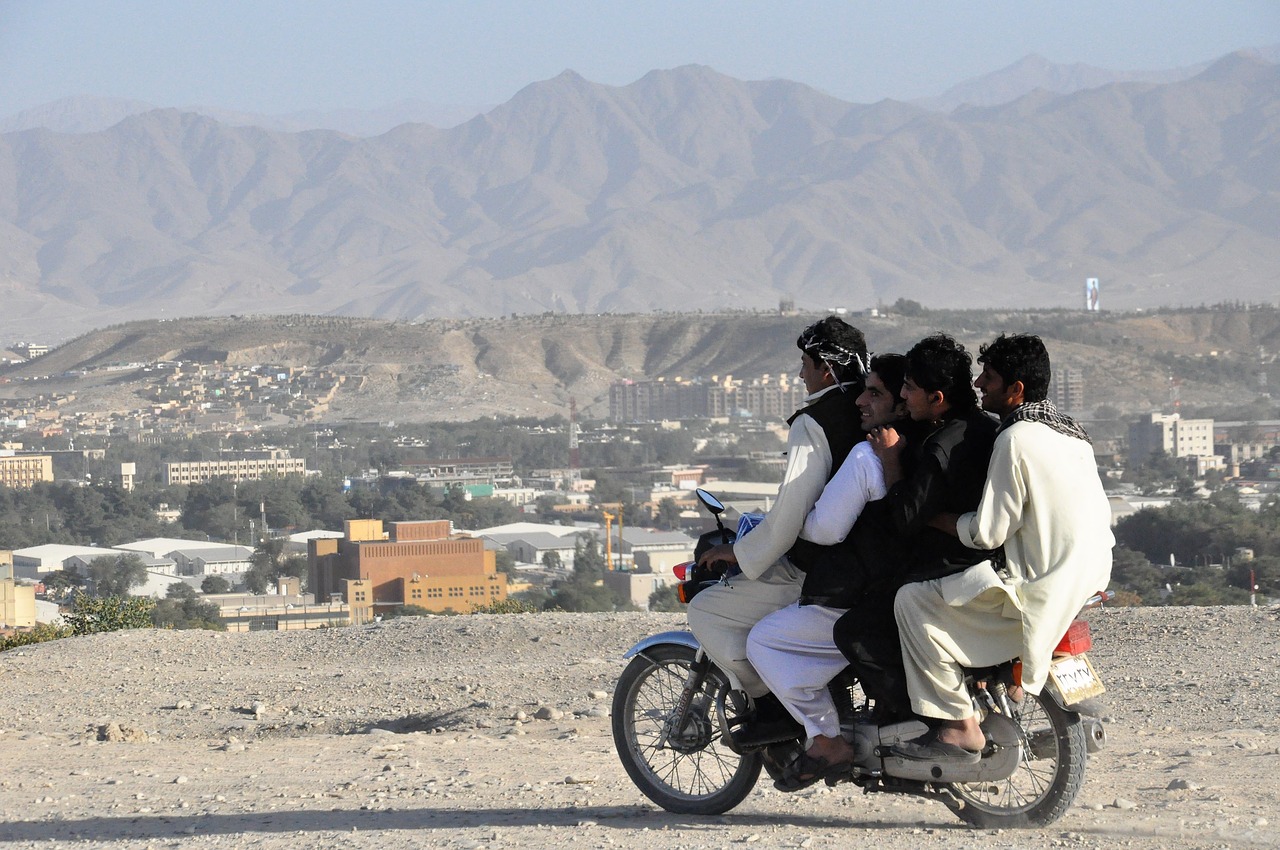The home of one of the world’s largest collections of material on Afghan history and society, the Afghanistan Center at Kabul University (ACKU) is dedicated to the process of helping to rebuild Afghanistan through the sharing of information and ideas. Read on to learn more about the amazing story of ACKU.
What is ACKU?
ACKU is an active, working archive comprised of over 100,000 items—including books, newspapers, magazines, CDs, posters, and films—on Afghanistan’s history and culture. Nearly half of this extensive collection is in two of the country’s main languages, Dari and Pashto. The rest are in English and other European languages. The archive is used by local and international students, journalists, development planners, researchers, and policy makers.
What is ACKU’s mission?
The broad mission of ACKU is to provide a place and platform where information and ideas about Afghanistan can be shared with Afghans and the wider world. Through research, educational initiatives, and public programs, ACKU aims to ensure access to critical knowledge and resources that can help to rebuild and enrich the social, political, economic, and cultural fabric of Afghanistan.
How did ACKU start?
Originally a semi-independent affiliate of the Agency Coordinating Body for Afghan Relief (ACBAR), the early version of ACKU was created in 1989 to serve as a central depository of information on Afghanistan with the goal of facilitating the coordination of humanitarian aid to Afghan refugees. Located outside the country for many years due to civil conflict, the center was brought home to Afghanistan in 2005, when it was transferred to the main library of Kabul University and renamed ACKU. In 2006, Kabul University allocated space for ACKU to build a new facility, and in 2013, the current ACKU premises were inaugurated. Today, the permanent home of ACKU consists of the archived collection, a reading room, a lecture hall, gallery space, and administrative space for ACKU’s mobile library outreach program, all centered around a main courtyard as a reflection of traditional Afghan architectural sensibilities.
ACKU was founded by two internationally recognized experts on Afghan history, art, and archaeology: Nancy Hatch Dupree and her husband, professor Louis Dupree. Having arrived in Kabul in 1962, Louis Dupree and his wife travelled extensively throughout Afghanistan conducting archaeological excavations and studying the country’s culture and society. Over the course of the next 50 years, Ms. Dupree would become one of the world’s premier authorities on Afghanistan’s cultural and artistic heritage. She has written five guidebooks about Afghanistan, as well as more than 1,000 articles, reviews, and book chapters on a wide variety of Afghan subjects.
Determined to help the people of Afghanistan preserve their vital cultural legacy, Ms. Dupree was the force behind the founding of ACBAR, the early iteration of ACKU, which she directed with her husband. In 2006, she took on the role of director of the renamed ACKU, where she served until 2011. The Louis and Nancy Hatch Dupree Foundation was established in 2007 to help ensure the long-term sustainability of ACKU and to support other awareness-building initiatives surrounding Afghan heritage and culture.
What’s going on at ACKU?
Currently, activities at ACKU include:
- Acquisitions—One of ACKU’s most important activities is to continue to find, collect, and catalogue relevant documents and information. At present, many contemporary items come from sources such as the NGO community, government departments, the UN agency system, and private individuals. ACKU’s acquisitions officer is responsible for ensuring that pertinent material is gathered and housed appropriately in the center’s archives.
- Digitization—Like other libraries around the world, ACKU is working to digitize its collection of physical documents in order to preserve data and expand its distribution reach. To date, over 12,000 titles—or more than 1 million pages of text and images—have been converted to PDF format and preserved on CD ROMs and DVDs.
- Library training—A key part of ACKU’s mission is to help strengthen libraries and similar institutions throughout Kabul and across Afghanistan. Providing training programs for librarians without any formal professional education in the field is one strategy that ACKU is using to accomplish this mission. Two training programs have been conducted so far, for librarians with the support of the American Embassy and the Canadian Program Support Unit. Participants in the training sessions, which covered 72 hours of instruction, were introduced to a variety of subjects, including general library science, cataloguing, acquisitions, analytic cataloguing, and reference.
- Research capacity building—With the goal of building analytical and research capacity in Afghanistan—and combatting the “brain drain” that the country experienced during its conflict years—ACKU is helping students and teachers alike to learn how to learn. The center offers induction courses for post-secondary students and faculty on the fundamentals of academic research, including the use of Internet search engines and databases. Concepts such as topic selection, plagiarism and ethics, and formatting and citations are also covered.

